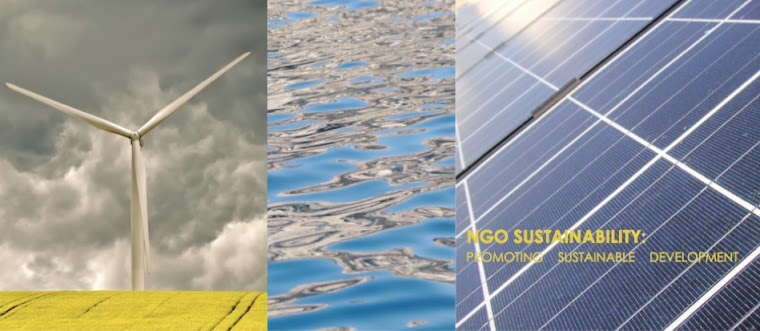Xerox offers incentive to their branches to improve their business while also benefiting the world by going green through their Earth Awards Program. This year, five Xerox branches received this award. Notable changes in operations include: controlling the amount of ink released on paper (saving $132,000 and keeping 70,400 pounds of material out of landfills); improving the waste water process (reducing wastewater by 60 percent and saving $80,000 per year); and, creating the smallest package possible for the Colorcube solid ink, using 43 percent recycled materials in the shipping package.
“We’re the owners of this land and we have tried to conserve this forest for our children, for our descendants” --Alejandro Vargas
Three decades ago, the Zapotec Indians of Southern Mexico fought and won the right to communally manage the forest in the state of Oaxaca. Beforehand, state-owned corporations exploited the forests with little to no government laws protecting the land. Today, the Zapotecs own a lumber business that employs 300 people and has become the “gold standard” of community owned and cultivated forests. The Zapotec continually protect their environment--and also earn a profit--$230,000 in 2009, of which 30 percent went back into forest preservation. Mexico plans to showcase their success in community forestry at the global climate talks in Cancun next week. Paying developing countries to protect their forests is one of the current solutions under serious discussion.
